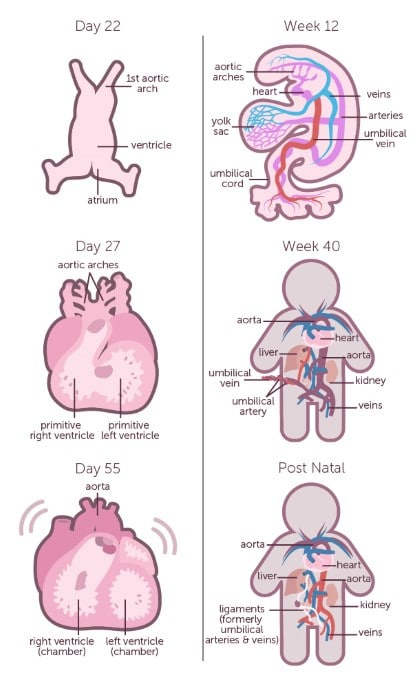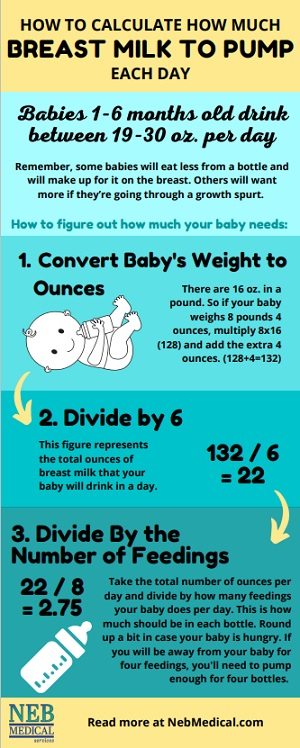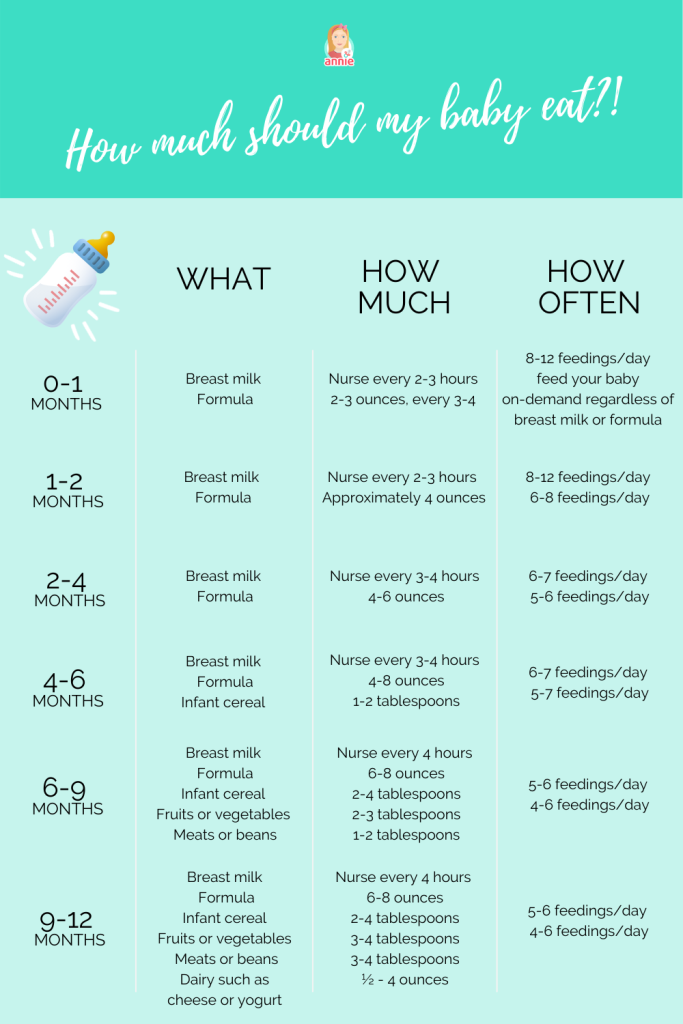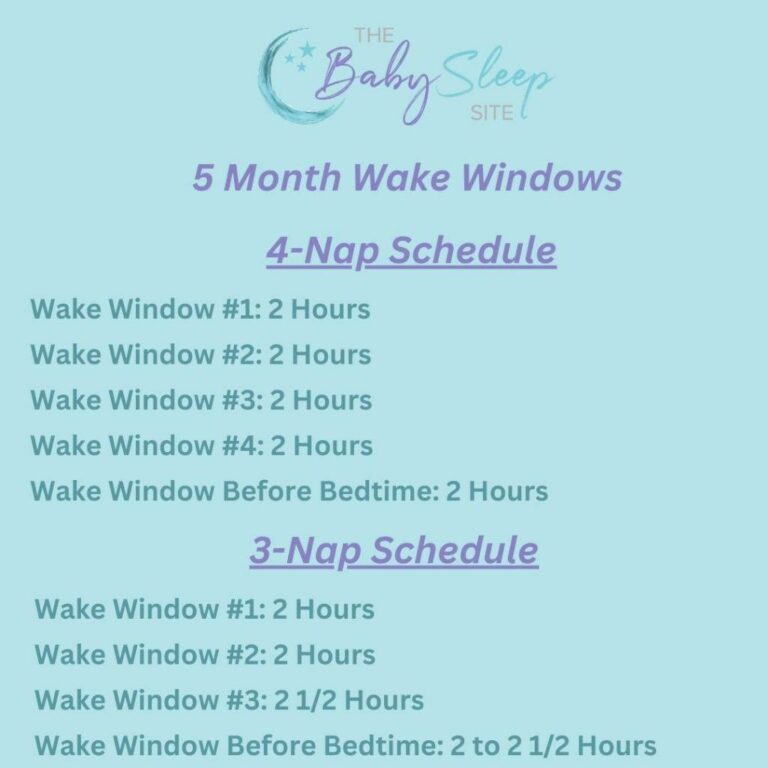Protein Powder: Safe for Pregnancy or Not?
Protein powder is a popular supplement among fitness enthusiasts and athletes, but is it safe for pregnant women? This article will delve into the safety considerations, nutritional benefits, and consumption guidelines of protein powder during pregnancy, providing expectant mothers with the information they need to make informed decisions about their prenatal nutrition.
Protein is an essential nutrient for fetal growth and development, but pregnant women may have increased protein requirements due to the increased blood volume and tissue growth. Protein powder can be a convenient way to meet these increased needs, but it’s crucial to choose the right type and consume it safely.
Safety Considerations

Yo, fam, if you’re expecting a lil’ one, it’s all about keeping you and your baby safe. That includes what you put in your body, like protein powder. It’s a bit of a buzz, but it’s important to know the risks and how to choose a protein powder that won’t mess with your pregnancy.
Potential Risks
Protein powder ain’t all sunshine and rainbows. Here’s the lowdown on some potential risks:
- Excess Protein: Too much protein can put a strain on your kidneys, which are already working overtime during pregnancy.
- Contaminants: Some protein powders may contain heavy metals, pesticides, or other nasties that can harm you and your baby.
- Artificial Sweeteners: Some protein powders are sweetened with artificial sweeteners, which can mess with your blood sugar and cause other problems.
Choosing a Safe Protein Powder
Don’t sweat it, there are safe protein powders out there for pregnant women. Here’s what to look for:
- Check with Your Doc: Always talk to your doctor before taking any supplements during pregnancy, including protein powder.
- Choose Plant-Based: Plant-based protein powders, like soy, pea, or brown rice, are generally safer for pregnant women.
- Read the Label: Make sure the protein powder is low in sugar, sodium, and artificial sweeteners. Check for certifications from reputable organizations like NSF or Informed Choice.
- Start Slow: Start with a small amount of protein powder and gradually increase as needed. Listen to your body and stop if you experience any discomfort.
Nutritional Benefits
Protein powders are packed with essential amino acids, the building blocks of protein. These amino acids are vital for fetal growth and development, as they are used to create new cells and tissues.
Protein intake during pregnancy is crucial for supporting the baby’s growth and development. The recommended daily protein intake for pregnant women is 71 grams.
Essential Amino Acids
- Histidine: Contributes to the development of the nervous system and red blood cells.
- Isoleucine: Supports muscle growth and development.
- Leucine: Plays a key role in protein synthesis and muscle repair.
- Lysine: Essential for collagen production, which is important for skin, bones, and connective tissues.
- Methionine: Involved in metabolism and the production of hormones and neurotransmitters.
- Phenylalanine: Used in the production of proteins and hormones.
- Threonine: Important for the formation of collagen and elastin, which are essential for skin and connective tissues.
- Tryptophan: Involved in the production of serotonin, which regulates mood and sleep.
- Valine: Supports muscle growth and development.
Types of Protein Powders
There are three main types of protein powders available: whey, casein, and plant-based. Each type has its own unique characteristics and benefits.
Whey protein is a fast-absorbing protein that is derived from milk. It is a good source of essential amino acids, which are necessary for muscle growth and repair. Whey protein is also relatively low in lactose, making it a good choice for people who are lactose intolerant.
Casein protein is a slow-absorbing protein that is also derived from milk. It is a good source of essential amino acids and can help to keep you feeling full for longer periods of time. Casein protein is also a good choice for people who are looking to gain muscle mass.
Plant-based protein powders are made from plants, such as soy, pea, and rice. They are a good source of protein for people who are vegan or vegetarian. Plant-based protein powders are also a good choice for people who are looking to avoid dairy products.
When choosing a protein powder, it is important to consider your individual needs and goals. If you are looking for a fast-absorbing protein that can help you to build muscle, then whey protein is a good choice. If you are looking for a slow-absorbing protein that can help you to feel full for longer periods of time, then casein protein is a good choice. If you are vegan or vegetarian, or if you are looking to avoid dairy products, then a plant-based protein powder is a good choice.
Whey Protein
Whey protein is a fast-absorbing protein that is derived from milk. It is a good source of essential amino acids, which are necessary for muscle growth and repair. Whey protein is also relatively low in lactose, making it a good choice for people who are lactose intolerant.
Casein Protein
Casein protein is a slow-absorbing protein that is also derived from milk. It is a good source of essential amino acids and can help to keep you feeling full for longer periods of time. Casein protein is also a good choice for people who are looking to gain muscle mass.
Plant-Based Protein Powders
Plant-based protein powders are made from plants, such as soy, pea, and rice. They are a good source of protein for people who are vegan or vegetarian. Plant-based protein powders are also a good choice for people who are looking to avoid dairy products.
Consumption Guidelines
Incorporating protein powder into your pregnancy diet should be done safely and under the guidance of a healthcare professional. Here are some tips:
- Consult your doctor: Always seek medical advice before consuming protein powder during pregnancy. They can assess your individual needs and recommend a suitable dosage.
- Choose high-quality powder: Opt for protein powders that are specifically designed for pregnant women and contain essential nutrients.
- Gradual introduction: Start with a small amount of protein powder and gradually increase the dosage as per your doctor’s instructions.
- Timing: Consume protein powder with meals or snacks to slow down absorption and minimize side effects.
- Hydration: Drink plenty of water when consuming protein powder to prevent dehydration.
Potential Side Effects
While protein powder can be beneficial, there are potential side effects to consider:
- Digestive issues: Excessive protein intake can cause gas, bloating, and constipation. Start with a low dosage and gradually increase to minimize these effects.
- Kidney strain: High protein intake can put strain on the kidneys. Consult your doctor to ensure your kidneys can handle the increased protein intake.
- Allergic reactions: Some people may be allergic to certain types of protein powder. If you experience any adverse reactions, stop consuming the powder and consult your doctor.
Special Considerations
Protein powder consumption during pregnancy requires careful consideration for specific dietary needs and health conditions. It’s crucial to consult with healthcare professionals for personalized guidance.
For vegetarians and vegans, plant-based protein powders from sources like pea, soy, or brown rice can provide essential amino acids. However, it’s important to check for added vitamins or minerals to ensure a balanced intake.
Allergies
Individuals with food allergies should thoroughly read ingredient labels and consult with their healthcare provider before using protein powders. Common allergens include dairy, soy, and eggs.
Pre-existing Health Conditions
Women with pre-existing health conditions, such as kidney or liver disease, should exercise caution and seek professional advice before incorporating protein powders into their diet. Excessive protein intake can put strain on these organs.
Healthcare Professional Monitoring
Regular monitoring by healthcare professionals is essential to assess protein intake, monitor health markers, and adjust recommendations as needed. This ensures optimal nutrition and minimizes potential risks.
Q&A
Is all protein powder safe for pregnant women?
No, not all protein powders are safe for pregnant women. Some powders may contain harmful ingredients or additives, and some types of protein may be more difficult to digest during pregnancy.
How much protein powder should I consume during pregnancy?
The recommended daily protein intake during pregnancy is 71 grams. However, individual needs may vary, so it’s important to consult with a healthcare professional to determine the optimal amount for you.
Can I take protein powder if I have gestational diabetes?
Yes, you can take protein powder if you have gestational diabetes, but it’s important to monitor your blood sugar levels closely and consult with your healthcare provider to ensure it doesn’t affect your blood sugar control.





